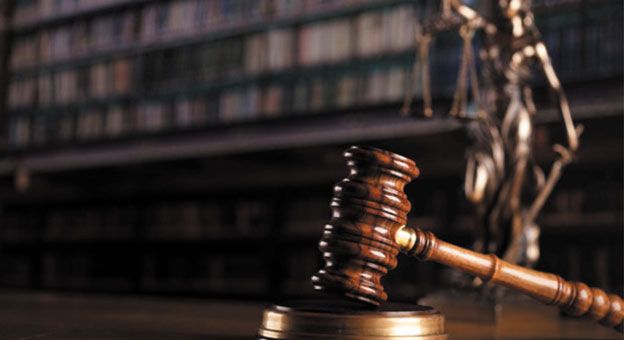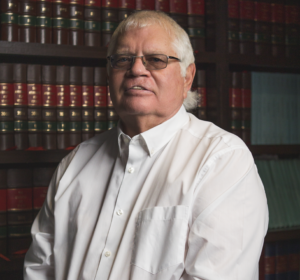The parol-evidence rule / extrinsic evidence

The parol-evidence rule / extrinsic evidence
Published on 11, 2022
The case of CAPITEC BANK HOLDINGS LTD vs CORAL LAGOON INVESTMENTS 194 (PTY) LTD 2022(1)SA 100 (SCA) once again highlights the importance of the application of the parol evidence rule to litigants and drafters of contract.
The parol evidence or integration rule requires that, save exceptional circumstances such as fraud or duress, where the parties to a contract have reduced their agreement to writing and assented to that writing as complete and accurate integration of the contract, extrinsic evidence is inadmissible to contradict, add to or modify the contract. This principle plays an important part in our law and has been confirmed in, inter alia, KPMG Chartered Accountants (SA) vs. Securefin Ltd. and Another 2009 (4) SA 399 (SCA) and Tshwane City vs. Blait Atholl Homeowners Association 2019 (3) S.A. 398 (SCA).
Attorneys are accustomed to clauses in written contracts stipulating that the written contract is a complete and accurate reflection of the parties’ contract, and that extrinsic evidence is inadmissible.
However, this is not the end of the story.
The Constitutional Court recently affirmed that extrinsic evidence in the interpretation of contracts is indeed admissible, notwithstanding the principles of the parol evidence rule.[2]
(It)… does not mean that extrinsic evidence is always admissible. It is true that a court’s recourse to extrinsic evidence is not limitless because interpretation is a matter of law and not of fact and accordingly, interpretation is a matter for the court and not for witnesses. It is also true that to the extent that evidence may be admissible to contextualize the document (since context is everything) to establish its factual matrix or purpose or for purposes of identification, one must use it as conservatively as possible. I must, however, make it clear that this does not detract from injunction on courts to consider evidence of context and purpose. Where, in a give case, reasonable people may disagree on the admissibility of the contextual evidence in question, the unitary approach to contractual interpretation enjoins a court to err on the side of admitting the evidence. There would, of course, still be sufficient checks against any unitive reach of such evidence because the court dealing with the evidence could still disregard it on the basis that it lacks weight. When dealing with evidence in this context, it is important not to conflate admissibility with weight. [3]
The co-existence of the two principles is explained by Corbin[4] as follows:
The parol evidence rule simply reflects the agreement between the parties that the written document constitutes their exclusive agreement. It supersedes earlier agreements, whether written or oral, and excludes evidence of such agreements. The parol evidence rule is not a rule as to the admission of evidence for the purpose of interpreting the meaning of the written agreement, that constitutes the parties' exclusive agreement. If the plain meaning of a contract is rejected conceptually or enjoys no privacy in the interpretative exercise, then extrinsic evidence as to meaning will enjoy a very considerable remit, and the parol evidence rule's exclusionary force will be greatly reduced. [5]
The position in our law is therefore that although the principles of the parol evidence rule remain important and applicable, extrinsic evidence indeed forms part of contractual interpretation in our law.
The implications of the above to our law of contract and interpretation thereof have been summarized in Capitec[6] as follows:
(The practical application of these principles are evidenced in para 51-59 of Capitec).
The result from the aforegoing is that although extrinsic evidence may be allowed to assist in contractual interpretation, such evidence must be relevant to an objective determination of context and purpose. It is suggested that in most instances extrinsic evidence will not contribute to this determination.

C.M. Weiss
Practicing Consultant
Source:
Why you should choose us
At MW Attorneys we believe that quality of services counts and not quantity. We believe in sincere and continuous communication with our clients and we strive to deliver services of the highest quality, as we have been doing since 1997. We regard our clients as our most important asset!
MW Attorneys has a proven track record since:
1900
